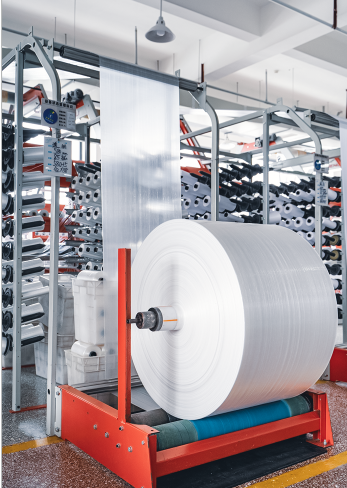Hazardous waste management is critical to ensuring safety and regulatory compliance across industries. Flexible Intermediate Bulk Containers (FIBCs), or bulk bags, are the ultimate solution for effectively handling, storing, and transporting hazardous materials.
This article delves into how FIBC bulk bags meet industrial demands, explore their benefits, and guide their optimal use for hazardous waste.
Storing hazardous waste presents significant challenges for industries ranging from chemicals to construction and agriculture. Traditional storage methods often include rigid containers like metal drums, barrels, or plastic tanks. While these methods are widely used, they come with limitations. For instance:
Additionally, improper labeling, poor compatibility between containers and hazardous substances, and lack of proper storage infrastructure can result in environmental hazards, regulatory penalties, and worker safety risks.
Industries dealing with hazardous waste include:
FIBC bulk bags are heavy-duty storage and transport containers crafted from strong, woven polypropylene fabric. These bags are designed to handle large quantities of materials, accommodating loads of up to 4,000 pounds. Unlike traditional storage methods, FIBCs provide flexibility and customization for various industrial needs.
Storing hazardous waste requires adherence to strict guidelines to prevent risks to human health and the environment. Here’s why FIBC bulk bags are an excellent solution:
FIBC bags comply with global standards, including UN certifications for hazardous material handling. They ensure alignment with hazardous materials regulations and guides issued by agencies like OSHA and EPA.
Made from polypropylene, FIBC bulk bags provide superior protection against leaks, contamination, and chemical reactions, addressing how chemicals should be stored safely.
Customizable options, such as conductive or anti-static materials, ensure the safe handling of reactive or flammable wastes, meeting the needs of industrial waste containment.
FIBC bulk bags are collapsible when not in use, saving storage space and facilitating easier transportation of bulk hazardous materials.
Industries generate four types of hazardous waste: listed, characteristic, mixed radiological, and mixed hazardous waste. What do all hazardous waste have in common? They require proper containment to prevent harm to people and the environment.
XIFA Group is a leading manufacturer specializing in FIBC bulk bags, BOPP bags, woven polypropylene fabric, and PE film bags. With over 25 years of experience, we cater to various industries, including chemicals, construction, and agriculture, offering customized packaging solutions to meet unique operational needs.
Equipped with advanced production facilities and a strong focus on regulatory compliance, we ensure that every product adheres to the highest safety and quality standards. Whether you require food-grade bulk bags or robust packaging for hazardous materials, XIFA Group delivers reliable and efficient solutions tailored to your business. Explore our FIBC bulk bags today!




